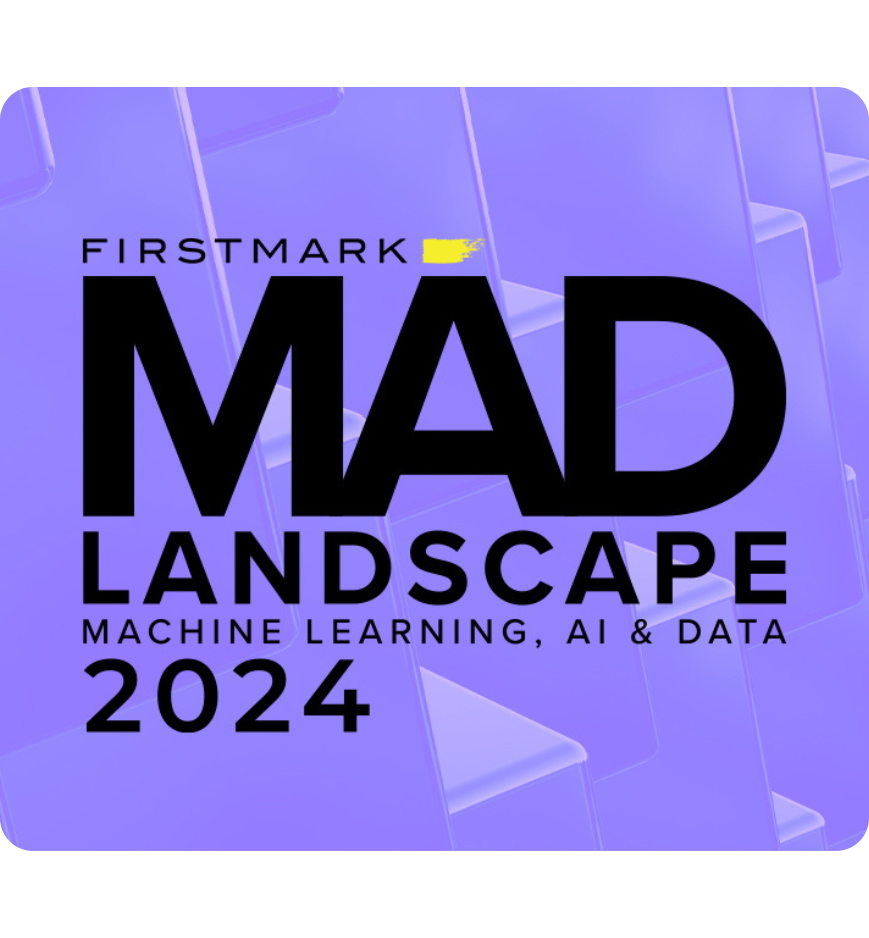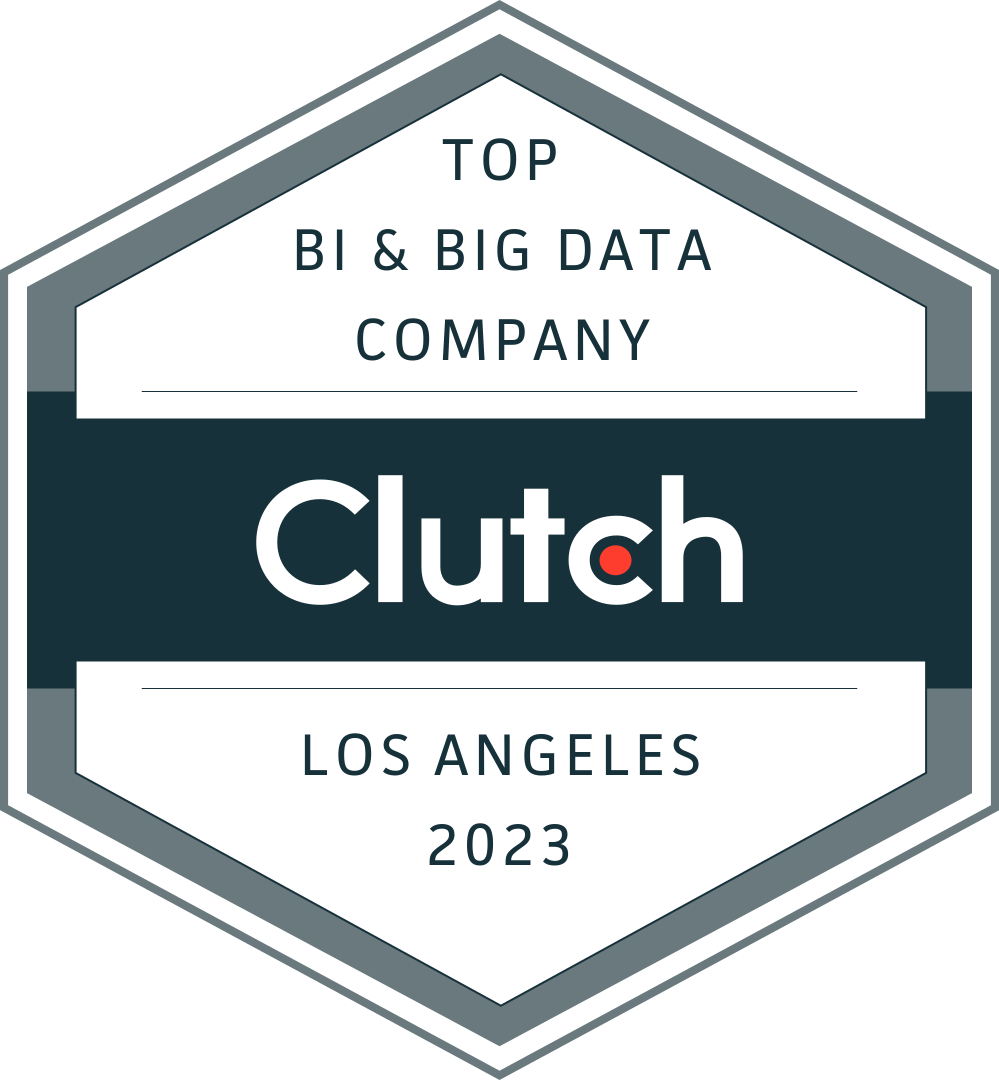
Knowledge Base in Business
Knowledge Base Explained
A knowledge base is a centralized repository of information designed to store, organize, and disseminate knowledge about a specific subject or domain. It serves as a self-service resource for users to find answers to their questions and access relevant information quickly and efficiently.
Knowledge Base Benefits
Employee training and onboarding
They serve as a centralized resource for new hires to learn about company policies, procedures, and best practices.
Internal documentation
Knowledge bases store and organize internal documents like standard operating procedures, software documentation, and business requirements.
Knowledge management
They facilitate the creation, organization, and sharing of knowledge across an organization, ensuring consistency in information delivery.
Collaboration and knowledge sharing
They serve as a platform for employees to contribute and share their expertise, fostering a culture of continuous learning.
AI enhances knowledge base capacities in several significant ways, leveraging advanced technologies such as Natural Language Processing (NLP), Machine Learning (ML), and Generative AI (GenAI).
Here are the key enhancements AI brings to knowledge bases:
Improved information retrieval
AI-powered knowledge bases use LLM to understand the context and intent behind user queries, enabling more accurate and relevant responses compared to traditional keyword-based searches.
Handling unstructured data
AI can process and interpret unstructured data such as emails, chat logs, and social media interactions, extracting useful information that can be integrated into the knowledge base
Chatbots capabilities
AI-driven chatbots can interact with users, providing instant responses and guiding them to the right information, thereby enhancing the self-service experience.
Data Security in Knowledge Base Solutions
There are a variety of ways AI knowledge bases can address data privacy concerns:
Data anonymization
Personal customer details are anonymized before being processed by AI systems. This removes identifying information while still allowing the AI to learn from and utilize the data.
Compliance with regulations
AI knowledge base systems are designed to comply with data protection regulations like GDPR, CCPA, etc. This includes features for data deletion requests, consent management, and data retention policies
Secure APIs
When integrating with other systems, secure APIs are used with proper authentication to prevent unauthorized data access.
On-premise deployment
On-premise AI knowledge bases run on the organization’s infrastructure, and so no data leaves it.
ContextClue from Addepto
Addepto designed and built ContextClue, an AI-driven solution that aims to revolutionize knowledge management. By leveraging a robust API-first design, ContextClue seamlessly integrates with traditional knowledge base platforms, enhancing their capabilities by incorporating LLM into their workflows. ContextClue collaborates with solutions such as Confluence, Slack, Google Drive, and MS Teams, enhancing them with:
- Intelligent Document Processing (IDP) empowered with annotation reading
- Modern report generation based on customizable templates
- Semantic search ready to understand context rather than just keywords
- Code migration support enabling developers to easily re-create legacy code structures and functionalities and rewrite selected parts
Our clients





















AI-powered Knowledge Base Implementation
Define use cases
Determine the specific AI applications and knowledge base requirements before deployment.
Resource procurement
Assess and acquire necessary hardware, including GPUs, CPUs, and storage systems.
Infrastructure setup
Install and configure the required software, networking, and security components.
AI model implementation
Deploy and fine-tune AI models for natural language processing, search, and content recommendations.
Integration
Ensure seamless integration with existing systems and workflows.





Financial Services
Knowledge bases in this sector focus on providing instant access to financial product information and regulatory compliance details. They also play a crucial role in assisting customers with account-related queries and offering financial advice, ensuring that clients have the information they need.
Legal Services
For the legal profession, knowledge bases provide quick access to legal precedents and case law, enabling lawyers to stay informed and make well-supported arguments. Additionally, these systems assist with contract review and legal research, significantly reducing the time and effort required for these critical tasks.
Medical Services
In the medical field, knowledge bases serve as crucial resources for healthcare providers, offering quick access to up-to-date medical information, treatment guidelines, and drug interactions. They also support patient education by providing reliable health information and self-care instructions, empowering individuals to take an active role in managing their health.
Tech companies
For the tech industry, knowledge bases are essential for both internal teams and end-users. They provide developers with documentation on APIs, coding standards, and troubleshooting guides. For customers, these bases offer detailed product manuals, FAQs, and step-by-step tutorials, reducing the need for direct support and enabling users to resolve issues independently.
Retail industry
In the world of online retail, knowledge bases are invaluable for offering product recommendations and answering product-related questions. They also assist customers with order tracking and return processes, streamlining the shopping experience and improving customer satisfaction.
We are trusted by global leaders
Hear it from our clients!
Addepto is a rapidly developing company, that observes the latest technological trends and takes full advantage of it. They offer an individual approach to each client and are open to new challenges.
Bobby Newman VP Engineering – J2 Global
They didn't just "do requirements", they investigated our needs and advised on the best processes to achieve our objectives. They were mindful of costs and gave suggestions that would be great long term solutions. But most of all, they felt like a part of our team!
CEO of SimpleCater
Communication with the Addepto team was easy and fast. Continuous monitoring and measurement of our workflow helped to identify areas for improvement. Their approach from the start allowed us to improve the product taking into account all our requirements. The obtained result fully satisfied our company.
CPO of KeyedIn Solutions
The Addepto Team has managed the project very well, and their communication is consistent and clear. They consistently met timelines or communicated if there would be delays. They are very responsive and always looking for solution to meet our needs.
Sara Krishnamachari Chief Financial Officer – Purple Lotus Patient Center




Addepto has been ranked #143 on the Deloitte Technology Fast 500 EMEA list, achieving a remarkable revenue growth rate of 1,193%!

We have been recognized as a Top AI consulting company 2024 by TrueFirms

Addepto is one of Europe's FT1000 Fastest Growing Companies 2024 according to FT

We have been listed in the annual MAD Landscape 2023 in the Data & AI Consulting category

Addepto has been listed in the annual Deloitte Technology Fast 50 Central Europe 2023 ranking


Check ContextClue
Addepto's Knowledge Base Assistant

ContextClue: Your Intelligent Knowledge Base Assistant
ContextClue is an AI-powered Knowledge Base Assistant that revolutionizes how organizations interact with their information. With its API-first architecture, ContextClue seamlessly integrates with various knowledge bases and data storage systems, ensuring maximum interoperability.
Key ContextClue features:
- Intelligent Document Processing Leverage advanced LLM technology to understand and analyze the content of your documents with unprecedented accuracy and context awareness.
- Semantic Search Find exactly what you need, even when you're not sure of the exact keywords.
- Report Generation Automatically compile insights and create comprehensive reports based on custom-made templates.
- Conversational Interface Interact with your knowledge base naturally, as if you're talking to a knowledgeable colleague; simply tell ContextClue what you need.
ContextClue doesn't just store your information - it understands it, connects it, and makes it work for you. Transform your organization's knowledge management with ContextClue.
Read more: ContextClue
Benefits of AI-powered Knowledge Base Implementation
Benefits of AI-powered Knowledge Base Implementation
Increased productivity
An improved knowledge management system allows employees to quickly find the information they need, reducing time spent searching for answers or reinventing solutions. This leads to faster problem-solving, more efficient decision-making, and, ultimately, increased productivity across the organization.
Improved collaboration
A robust knowledge management system facilitates the sharing of ideas and insights across departments and teams. This cross-pollination of knowledge can spark innovation, leading to new product ideas, process improvements, or creative solutions to long-standing problems. It also fosters a culture of collaboration, where employees can build upon each other’s work and expertise.
Enhanced decision-making
AI-powered knowledge bases support better decision-making by providing quick and accurate access to information. This is particularly valuable in fast-paced environments where timely decisions are crucial.
Adaptability to growth
As businesses grow and evolve, AI knowledge bases can easily adapt to new products, services, or markets without the need for extensive restructuring or additional human resources.
AI-powered Knowledge Base - FAQ
Can an AI-powered Knowledge Base integrate with our existing tools?
Yes, most AI-powered Knowledge Base solutions are designed to integrate with a wide range of existing tools and platforms, including CRM systems, help desk software, and communication tools.
Is it difficult to implement an AI-powered Knowledge Base?
Most AI-powered Knowledge Base solutions are designed for easy integration with existing infrastructure. The difficulty level depends on your current setup and chosen solution.
What is an AI-powered Knowledge Base Solution?
An AI-powered Knowledge Base uses artificial intelligence to enhance its functionality. It goes beyond traditional databases by employing machine learning algorithms to improve search capabilities, provide personalized recommendations, and continuously learn from user interactions
Our clients

























